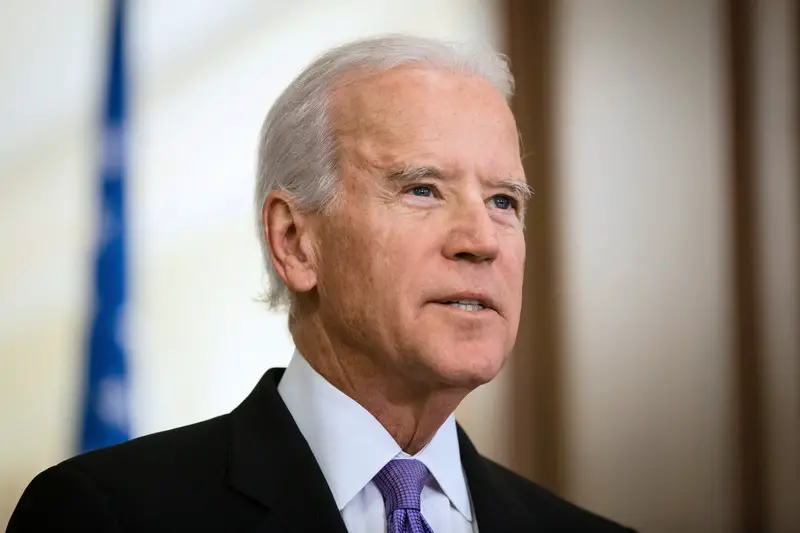In an unprecedented use of executive power, President Joe Biden declared the most significant one-day clemency action in contemporary U.S. history on December 12, 2024. This involved commuting about 1,500 sentences and pardoning 39 individuals. While some perceive this as a compassionate act of redemption, others deem it controversial, especially in the wake of the recent pardon of his son, Hunter Biden.
The clemency action of Biden was aimed primarily at non-violent individuals who were released to home confinement under the CARES Act during the COVID-19 pandemic. The White House stated that these individuals have shown “successful rehabilitation and a strong commitment to making their communities safer.”
Among the 1,500 are a woman who led emergency response teams during natural disasters, a church deacon who provided guidance to addicts and youths, and a decorated veteran.
However, the timing of this announcement, which is cloaked in language of restoration and justice, has been questioned by critics. This comes in the immediate aftermath of the president’s unconditional pardon of his son on December 1, which absolved federal gun and tax charges that have been pending for almost a decade.
“America was built on the promise of possibility and second chances,” stated Biden as he announced the mass clemency. However, these lofty words were greeted with skepticism in a nation that is deeply divided over the true meaning of justice. Critics highlighted the irony of providing second chances to thousands while seemingly bestowing the most extraordinary act of forgiveness on his own son.
Public opinion reflects this disapproval, with a survey by the Associated Press-NORC Center for Public Affairs Research revealing that only 22% of Americans support the president’s decision to pardon his son. A majority of 51% disapprove of it. This widespread disapproval underscores the perception of double standards and favoritism within the political elite.
Democratic Representative Ayanna Pressley from Massachusetts, who had been urging Biden to issue pardons, commended the president’s decision, calling it a “meaningful and historic action.”
“Thanks to President Biden, today a near 1,500 families will have their lives changed forever and I congratulate each and every family on this new beginning,” she stated in an announcement.
In a post on X, Senator Dick Durbin (D-Ill.) also urged Biden to use his clemency power before he leaves office, “to address miscarriages of justice, just as the founders of this democracy intended.”
Compared with his predecessors, Biden’s action is significant. Former President Barack Obama, who prioritized criminal justice reform during his tenure, issued a record-setting 1,715 commutations and 212 pardons over his eight years in office, with 330 commutations granted on his busiest single day.
In contrast, President Donald Trump granted 143 pardons and 94 commutations during his four-year term, many of which were controversial and seemed to benefit his political allies and famous supporters. President George W. Bush granted 189 pardons and 11 commutations during his two terms. Biden’s one-day clemency action now stands as the largest of its kind, demonstrating both the extent of his effort and the contentious political environment in which it took place.
The comparison of Hunter Biden’s pardon with the larger clemency initiative has triggered allegations of hypocrisy and self-interest. Critics argue that while the president quickly pardoned his son, thousands of nonviolent offenders are still in prison, waiting for similar acts of mercy. This disparity has sparked discussions about the fair application of justice and the ethical obligations of those in power.
In response to the criticism, the White House has insisted that the clemency decisions were based on individual evaluations of rehabilitation and considerations for public safety. President Biden has suggested that more clemency actions might be on the horizon, reaffirming his commitment to promoting equal justice and providing meaningful second chances.
Human rights organizations are also pressuring the President to commute the sentences of inmates on federal death row. Some have legitimate concerns that executions could resume and increase under the forthcoming Trump administration.











